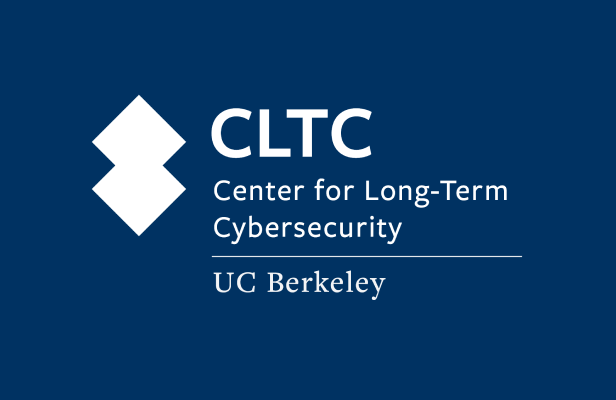Public-key encryption, a basic tool in cryptography, has been used for decades to provide security for encrypted communications. In order to encrypt to a user, one first needs to obtain the user’s public key. In today’s world, with the size of organizations growing, the use of mere public-key encryption techniques, which requires knowledge of public keys of individual users, becomes increasingly prohibitive and calls for expensive key-management infrastructure. As a solution to this problem, Adi Shamir in 1984 introduced the concept Identity-Based Encryption (IBE), an encryption system that allows one to encrypt to a user just by knowing the user’s identity, as opposed to the user’s public key. Although IBE systems tremendously simplify the task of key management, they come with one major issue, is referred to as the key-escrow problem: A central authority in the system is now in possession of all secret keys of the users, and may read their messages at will. In this proposal, we introduce the concept of registration-based cryptography, which aims to remove the key-escrow problems from IBE and related technologies. We will tackle problems related to designing robust and efficient registration-based encryption systems, which have applications in situations where controlled decryption access to encrypted information is required (e.g., government tax center systems).

Grant /
January 2020

